How To Prepare For The Next Depression
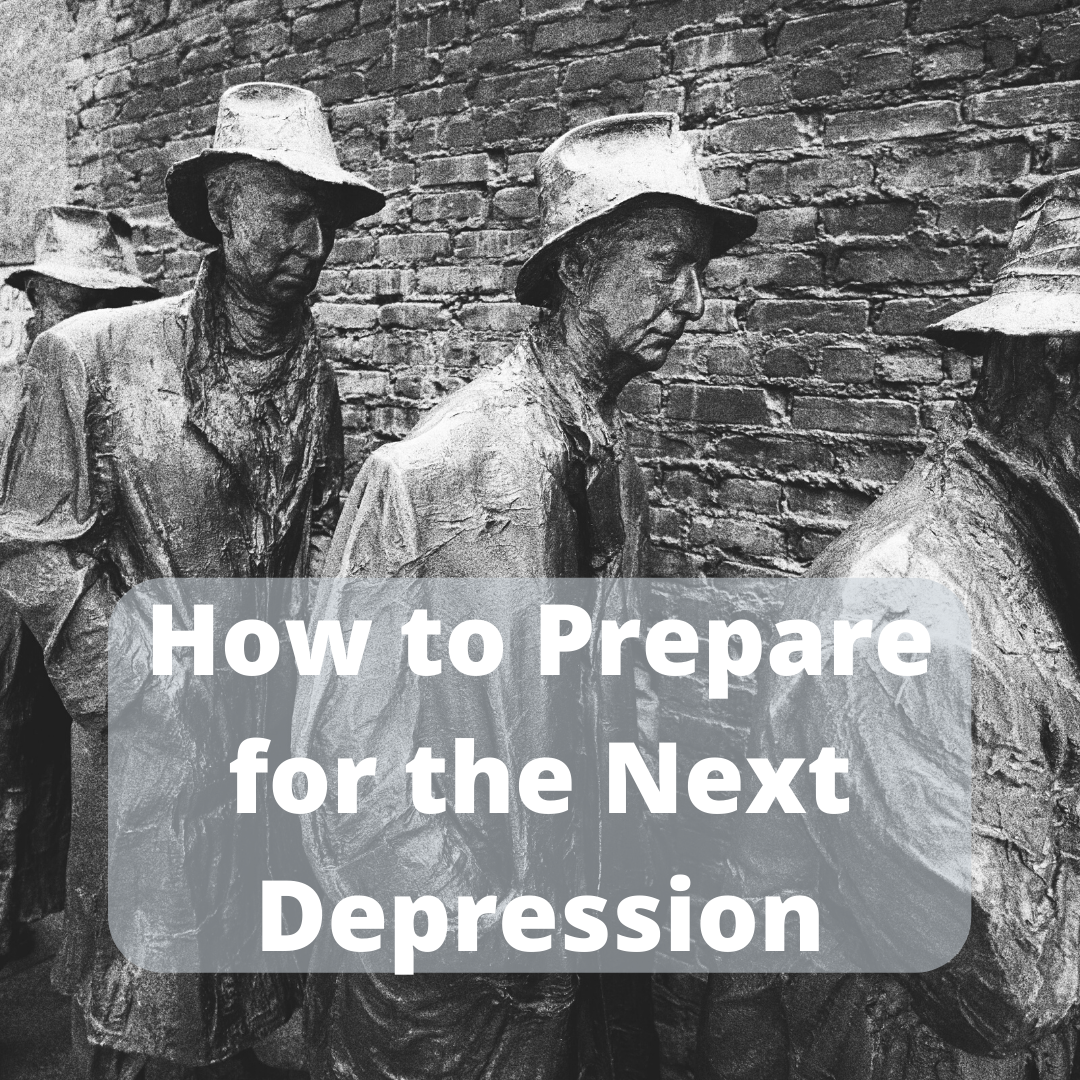
Imagine the scent of freshly baked bread wafting from your kitchen, a small victory against the backdrop of empty shelves and anxious headlines. Picture a community garden, bursting with life, where neighbors trade zucchini for stories and shared laughter. Envision your family gathered, not around a flickering screen, but around a crackling fire, sharing skills and strengthening bonds. These aren’t scenes from a dystopian novel; they’re glimpses of resilience, the kind we might need to cultivate to weather an uncertain economic future.
This article explores practical steps you can take to prepare for a potential economic downturn, focusing on building financial security, fostering community, and developing essential self-sufficiency skills. While predicting the future is impossible, understanding potential risks and proactively building resilience can provide peace of mind and strengthen your ability to navigate challenging times.
Understanding Economic Cycles
Throughout history, economies have experienced cycles of growth and contraction. Recessions and depressions are a natural part of this process, characterized by declining economic activity, job losses, and reduced consumer spending. While governments often implement measures to mitigate these downturns, individual preparedness remains crucial.
The 2008 financial crisis, triggered by the collapse of the housing market, serves as a stark reminder of the potential for economic instability. It highlighted the interconnectedness of the global economy and the vulnerability of individuals dependent on traditional employment and financial systems.
Building Financial Fortitude
A solid financial foundation is your first line of defense. Start by reducing debt. Prioritize paying down high-interest loans and credit card balances, freeing up cash flow and reducing your financial burden.
Next, build an emergency fund. Aim to save at least 3-6 months' worth of living expenses in a readily accessible account. This will provide a cushion in case of job loss or unexpected expenses.
Diversify your investments. Don't put all your eggs in one basket. Consult with a financial advisor to create a diversified portfolio that aligns with your risk tolerance and long-term goals.
Cultivating Community Resilience
During times of economic hardship, strong communities become invaluable. Building relationships with your neighbors, participating in local initiatives, and fostering a sense of collective support can significantly enhance your resilience. Consider joining a local mutual aid group. These groups help communities share resources and knowledge to support each other during hard times.
Start a community garden. Growing your own food not only reduces your reliance on external supply chains but also fosters a sense of community and provides a source of fresh, healthy produce. Share your harvest with neighbors and learn from each other.
Developing Essential Skills
Self-sufficiency skills can significantly reduce your dependence on external systems and increase your ability to weather challenging times. Learn basic home repair skills. Being able to fix a leaky faucet or repair a broken appliance can save you money and increase your self-reliance.
Embrace the art of food preservation. Canning, pickling, drying, and freezing are valuable skills for extending the life of your food and reducing waste. Take a class or learn from experienced friends and family.
Develop your bartering skills. Consider what skills or resources you have that could be exchanged for goods or services. This can be a valuable way to obtain necessities during times of economic hardship.
Navigating Uncertainty
Stay informed about economic trends and policy changes, but avoid sensationalism and fear-mongering. Consult reputable sources such as the Bureau of Labor Statistics and the Federal Reserve for accurate and reliable information.
Remember, economic downturns are temporary. By taking proactive steps to build financial security, foster community, and develop essential skills, you can significantly enhance your resilience and navigate challenging times with greater confidence.
Preparing for the next depression isn't about doomsday prepping; it's about building a more resilient and sustainable life. It’s about strengthening our communities, fostering self-reliance, and creating a future where we are better equipped to weather any storm. And maybe, just maybe, we'll find that in the process of preparing for the worst, we've created a better world for ourselves and for generations to come.

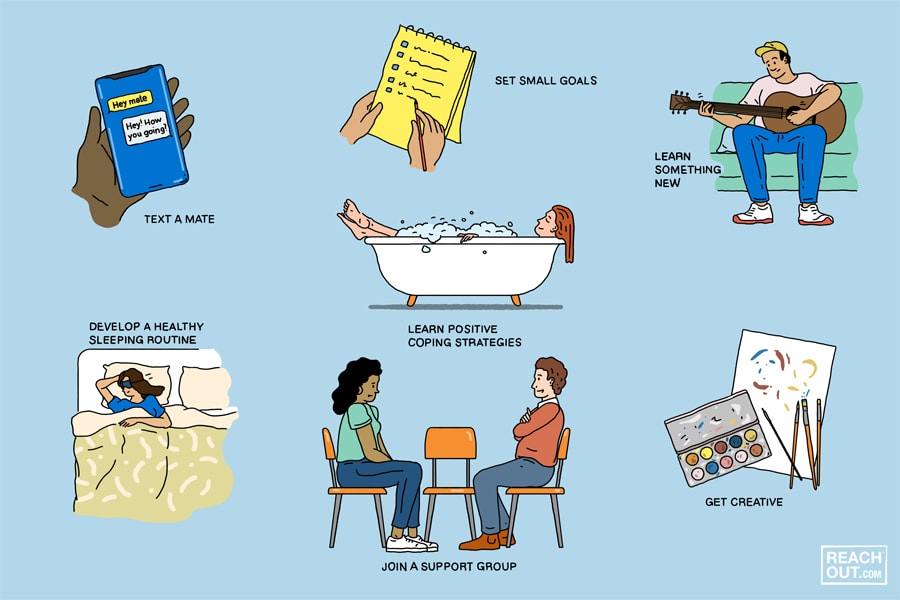





:max_bytes(150000):strip_icc()/VWH_Illustration_Seasonal-Depression-Home-Remedies_Paige-McLaughlin_Final-7d935e01fa0145d3b4371cf1444af165.jpg)

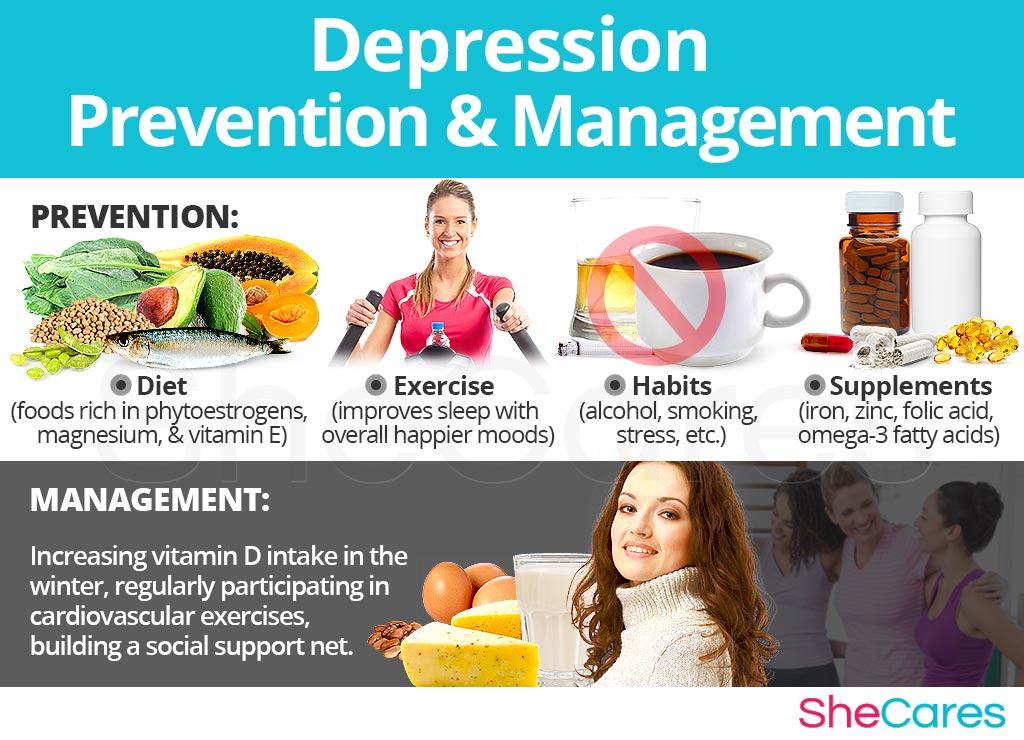
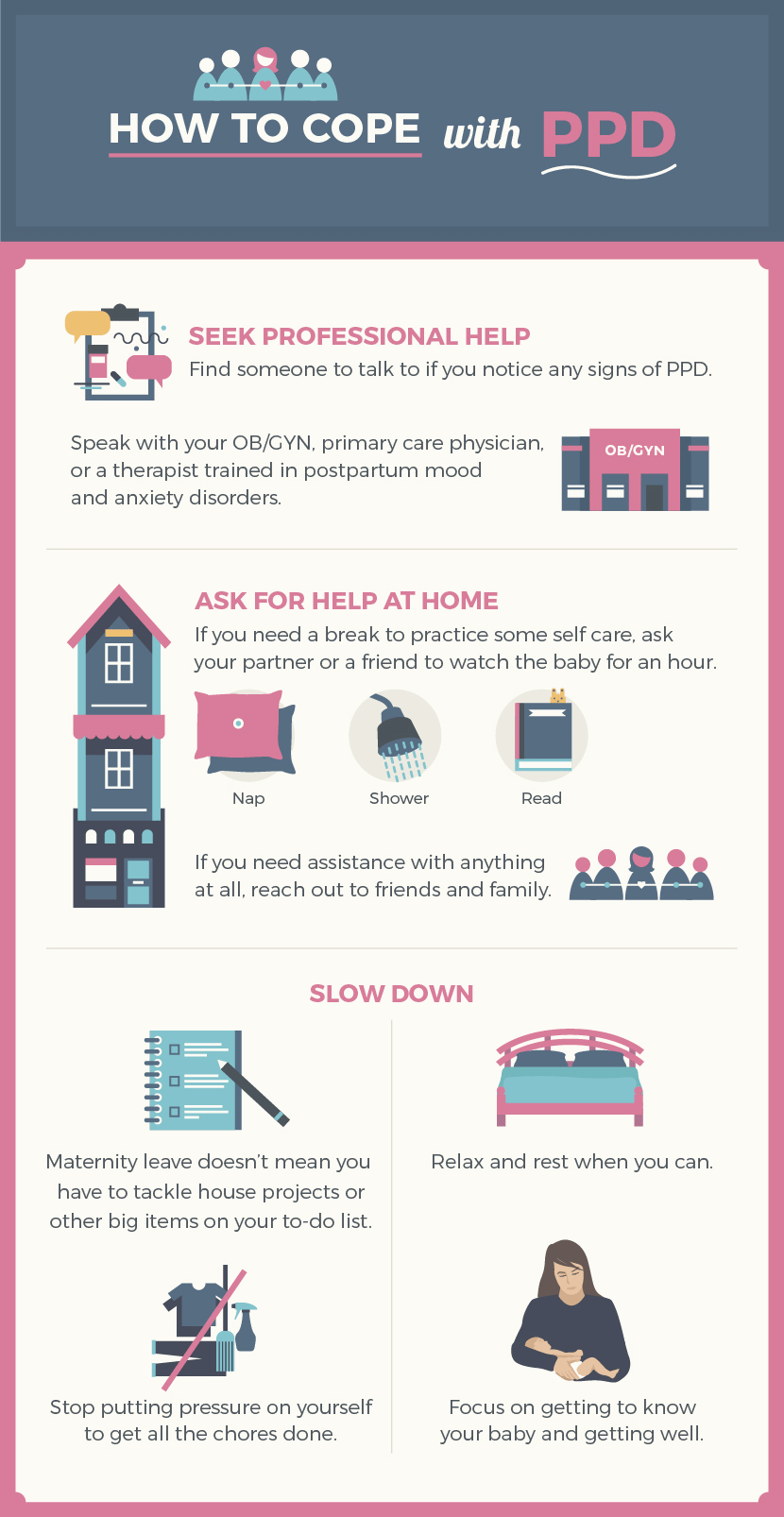

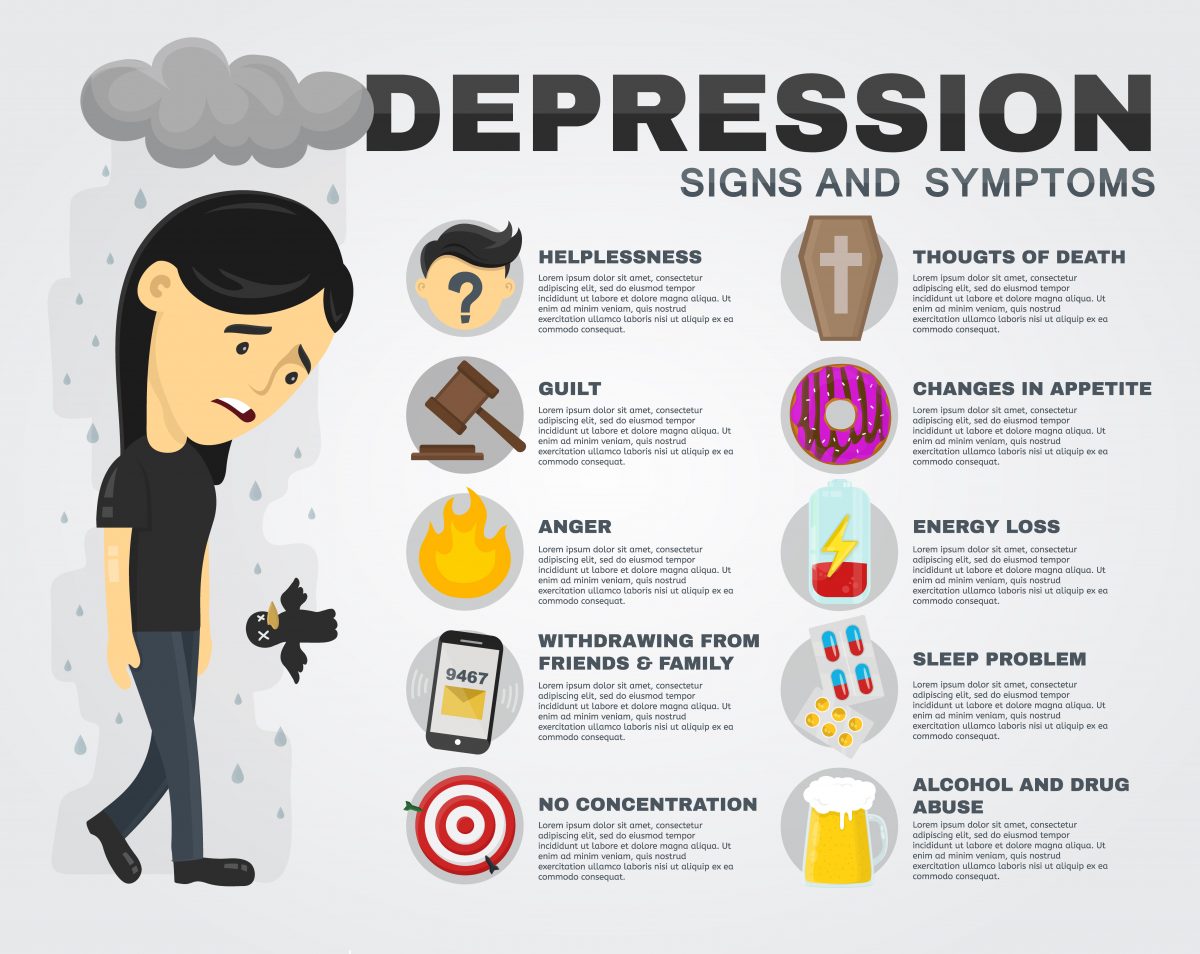

:max_bytes(150000):strip_icc()/can-depression-stop-without-treatment-1067582_v2-a50df2ba960a468ead8ae945cc28ee74.png)



